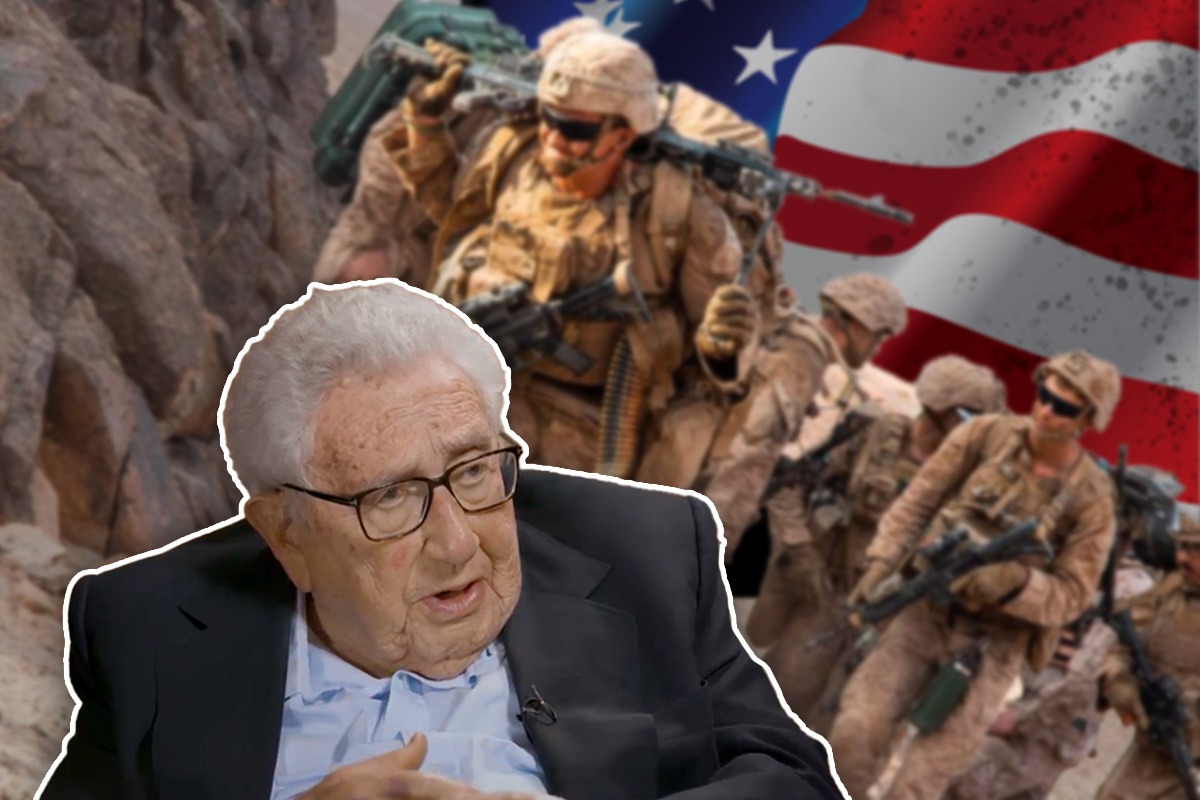Henry Kissinger, who died on Nov 29, 2023, at age 100, was one of the most influential and controversial figures in American foreign policy. He served as national security adviser and secretary of state under the Nixon and Ford administrations and shaped the US strategy during the Cold War and its aftermath. He was praised by some as a brilliant diplomat and a master of realpolitik, a pragmatic and largely amoral doctrine that sought to maximize US power by whatever means were most expedient. He was also awarded the Nobel Peace Prize in 1973 for his role in ending the Vietnam War.
But Kissinger’s legacy is far from peaceful or praiseworthy. He was, in fact, the architect of US imperialism and global suffering, responsible for countless crimes against humanity and violations of international law. He supported and orchestrated coups, wars, bombings, assassinations, and genocides that killed millions of people, destabilized regions, and fuelled conflicts that persist to this day. He pursued US interests at the expense of human rights, democracy, and justice, and showed no remorse or accountability for his actions. He was, in short, a neo-Colonialist beloved by America’s ruling class.
Some of the most egregious instances of Kissinger’s actions include the covert bombing of Cambodia (1969-1973), resulting in significant civilian casualties, a humanitarian crisis, and contributing to the rise of the Khmer Rouge. In Chile (1973), the democratically elected government of Salvador Allende was overthrown, paving the way for the brutal dictatorship of Augusto Pinochet, marked by widespread human rights abuses with U.S. support. The Indonesian invasion of East Timor (1975), sanctioned by the U.S., led to a devastating genocide, causing the deaths of up to 200,000 people. In the Bangladesh War of Independence (1971), Kissinger’s support for the Pakistani military regime contributed to a massacre of up to 3 million civilians and the displacement of 10 million refugees. Further, the encouragement and subsequent abandonment of the Kurdish rebellion against Iraq in 1972 left the Kurds vulnerable to a brutal crackdown by Saddam Hussein in 1975.
These are just some of the examples of Kissinger’s bloody and destructive record, which also includes his involvement in the Iran-Iraq War, the Angolan Civil War, the Greek military junta, the South African apartheid regime, and the Israeli conflict with Palestine, among others. Kissinger’s policies not only caused immense human suffering but also undermined the credibility and legitimacy of the US as a global leader and a champion of democracy and human rights. He also contributed to the rise of anti-American sentiment and extremism in many parts of the world, especially in the Middle East and Latin America, where the US is still seen as an enemy and a threat.
Henry Kissinger’s legacy is not that of a peacemaker, but rather a warmonger, not a true realist, but a supremacist. He should be remembered not as a hero, but as a villain. The world deserves accountability for the actions of Henry Kissinger.









